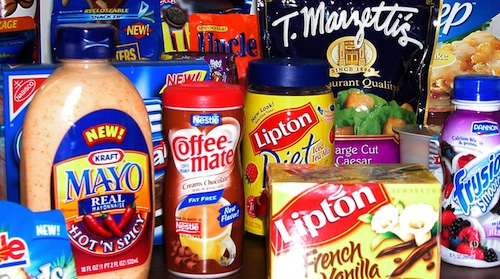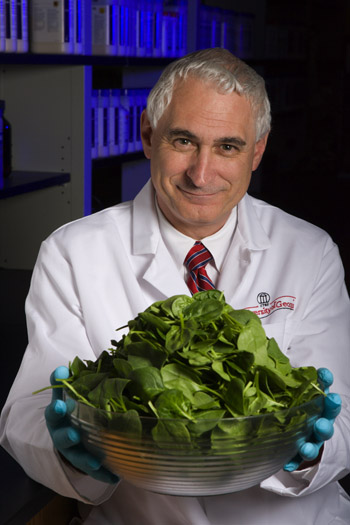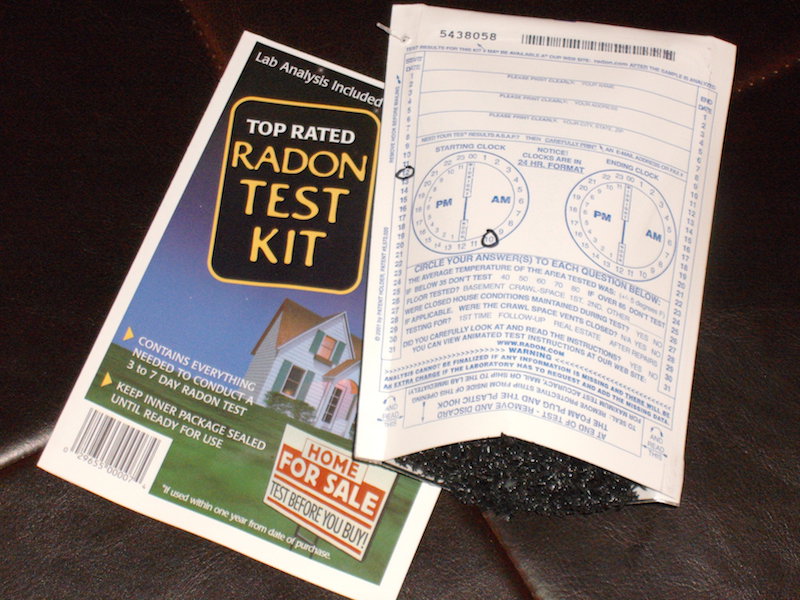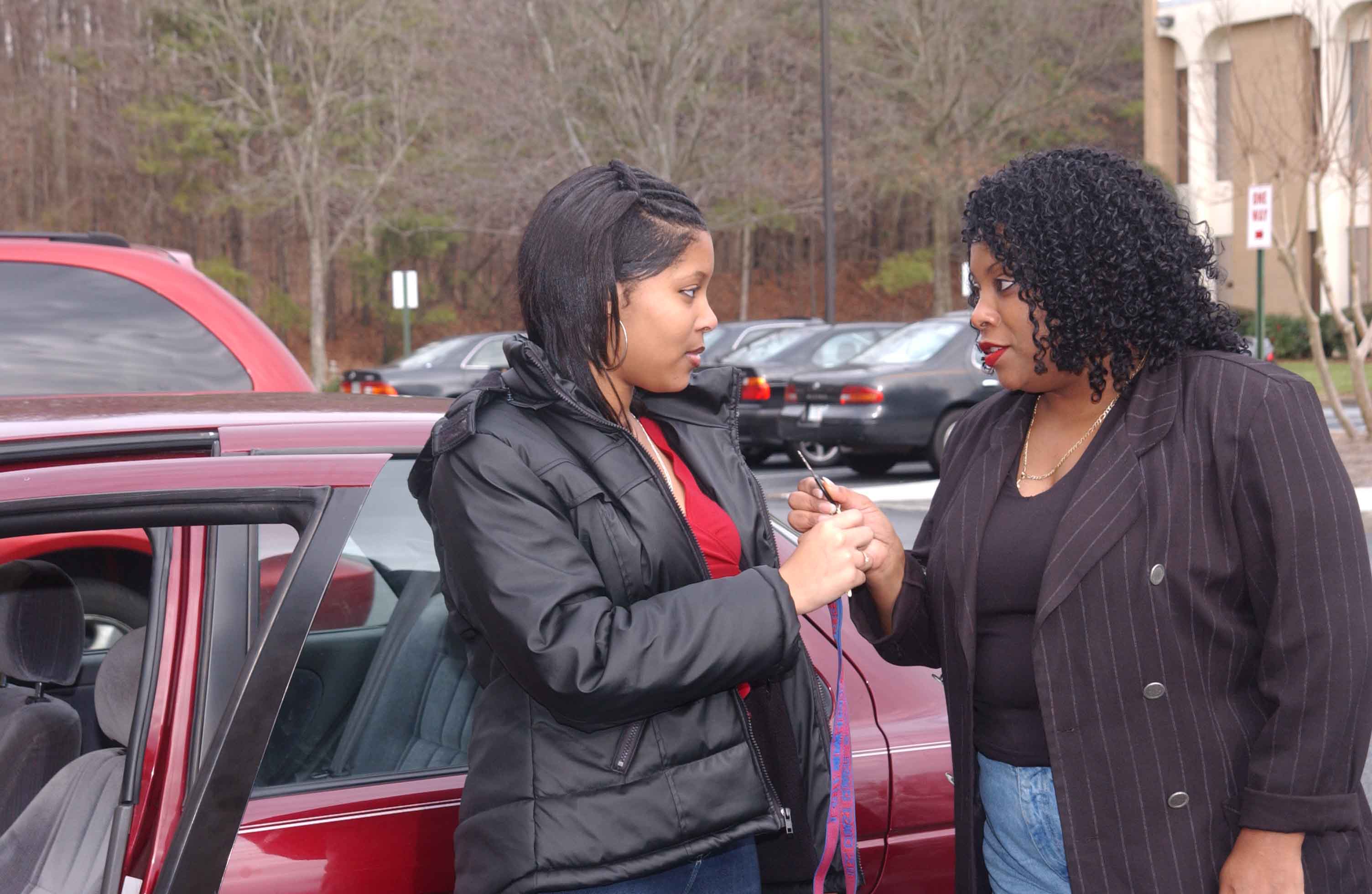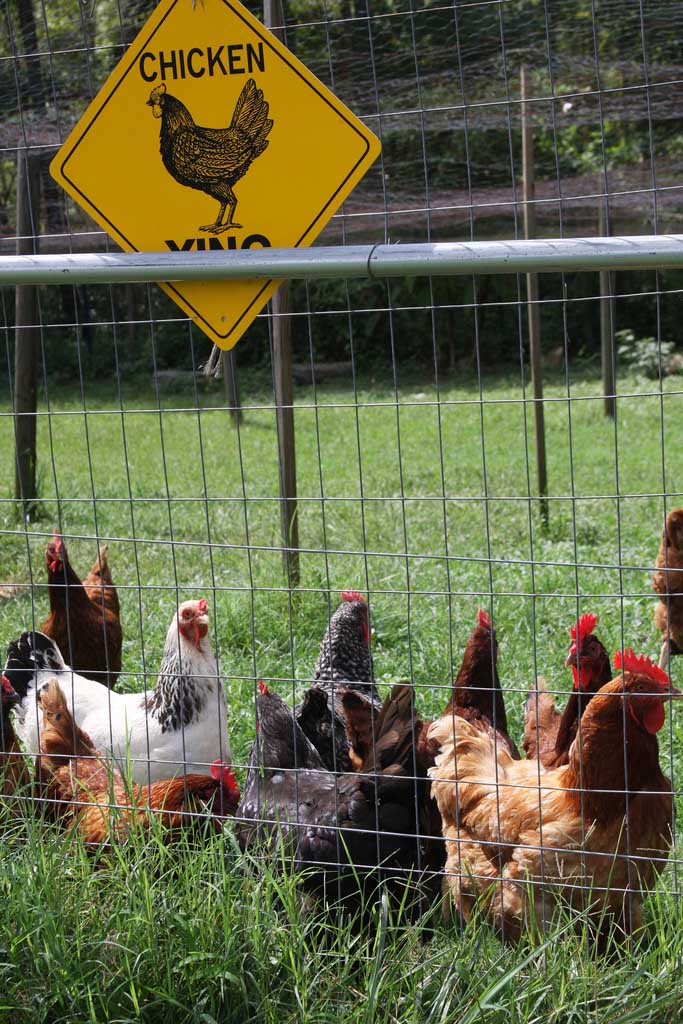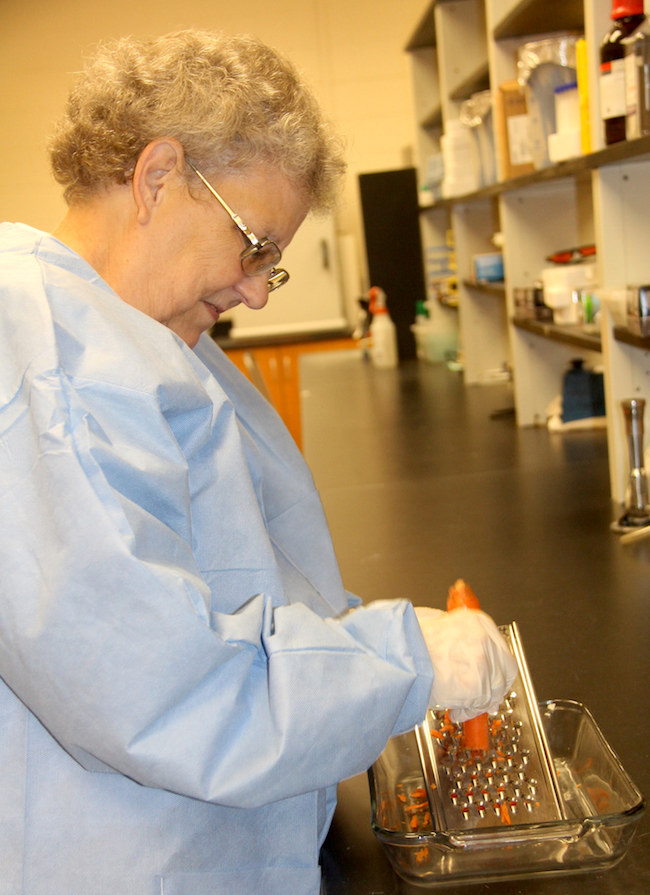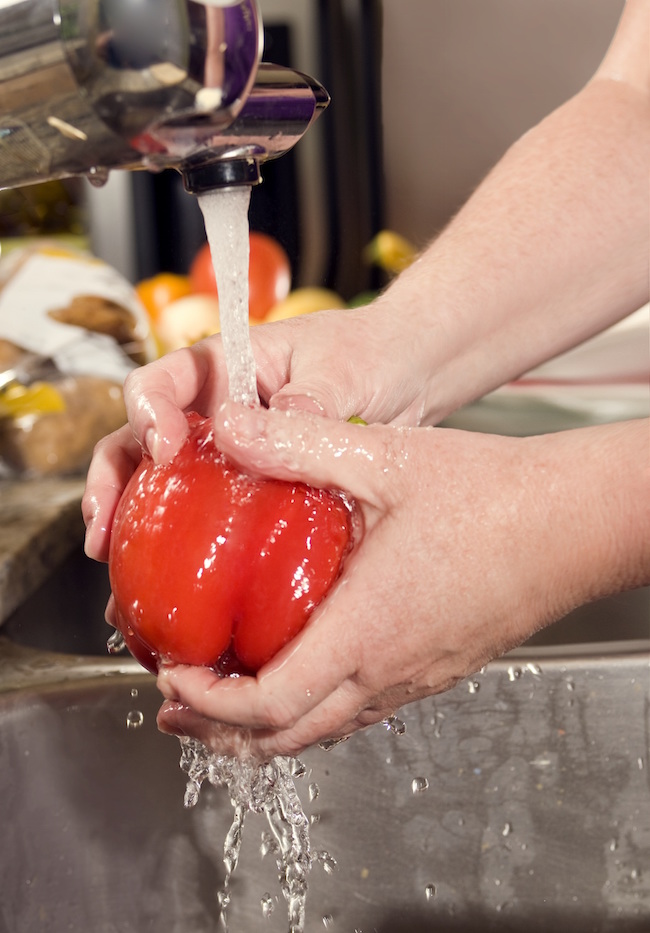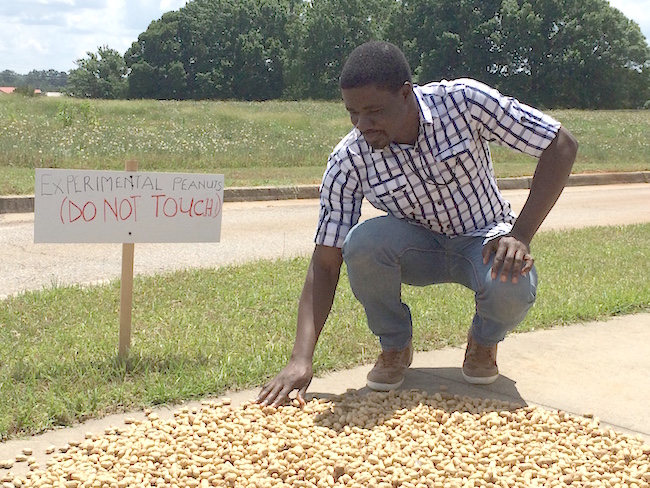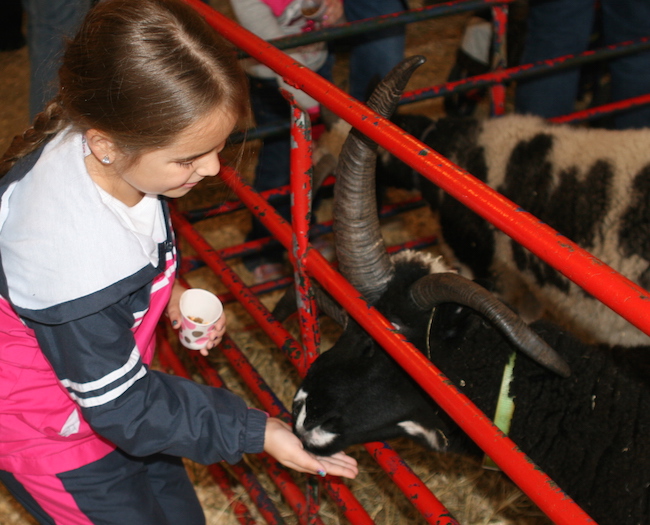 CAES News
CAES News
Clean Hands
It is the time of year for visiting pumpkin patches, fall festivals and Christmas tree farms. Many of these venues have petting zoos and sell food products – a combination that is a potential health risk if proper hand washing isn’t included.

